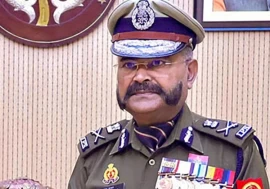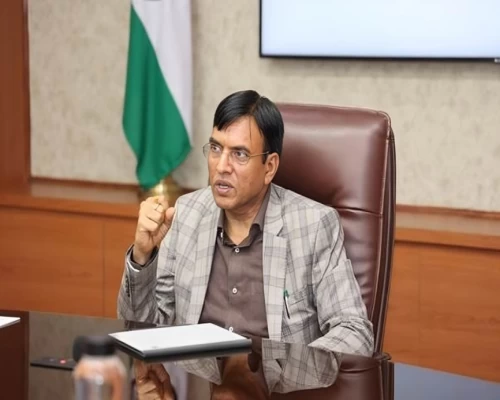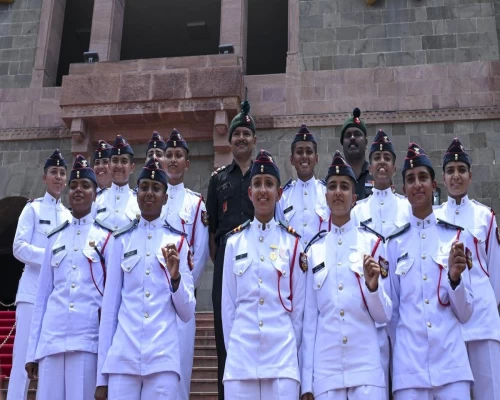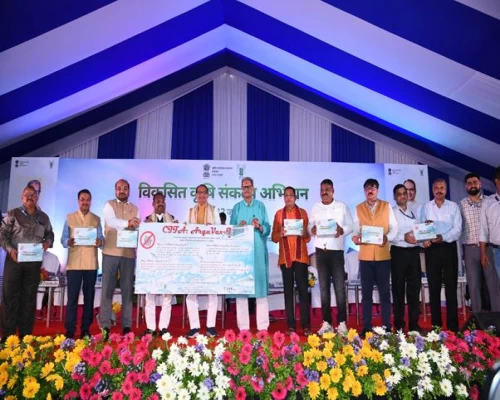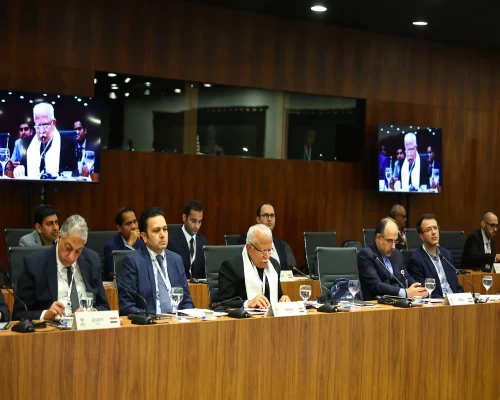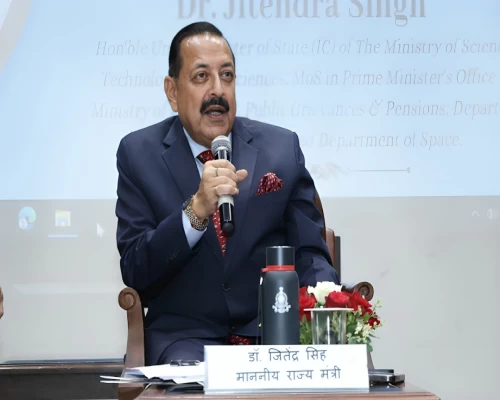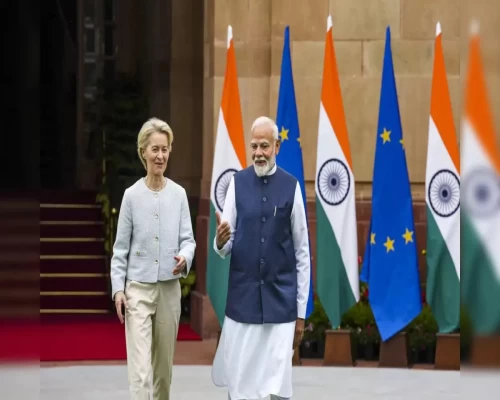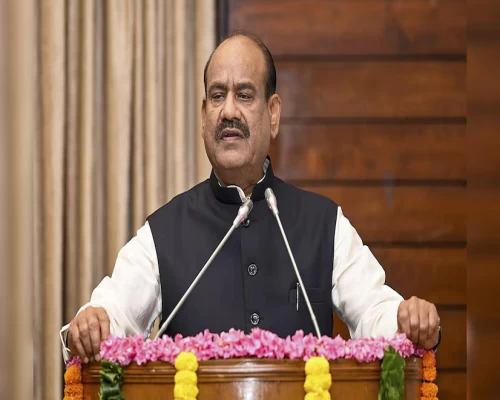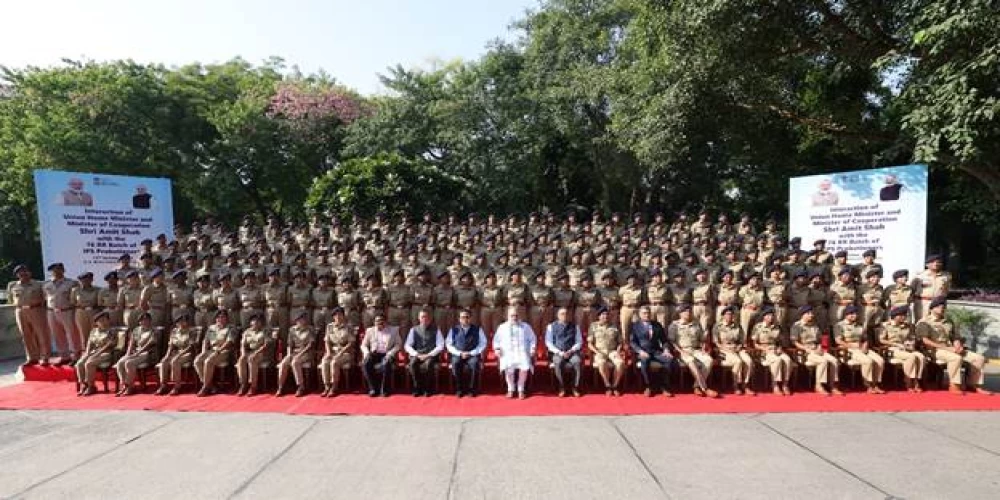
New Delhi: Union Home Minister and Minister of Cooperation, Amit Shah, interacted with the probationers of the 2023 batch (76 RR) of the Indian Police Service (IPS) in New Delhi. During the interaction, the trainee IPS officers shared their training experiences with the Home Minister. The event was attended by the Union Home Secretary, the Director of the Intelligence Bureau (IB), and the Director of the Sardar Vallabhbhai Patel National Police Academy (SVPNPA), among other dignitaries.
Amit Shah emphasized that by 2047, under Prime Minister Narendra Modi's vision of Viksit Bharat, India would be a terror-free and drug-free nation with robust internal security, ensuring the protection of human rights and the rights of citizens. He urged the probationers to reflect on the time at which they are joining the service, highlighting that this batch has a larger responsibility compared to previous ones. According to Shah, it is up to this and future batches to usher in a new generation of policing in India.
As the Home Minister, Shah asserted that India has fortified its borders and no longer faces the threats it once did. He noted that violence in areas like Jammu & Kashmir, the Northeast, and Left-Wing Extremism-affected regions has been reduced by 70%, and Indian security agencies now dominate these hotspots. He pointed out that the democratic process has replaced violent protests in these areas.
Shah also spoke about the importance of the police in protecting the fundamental rights of citizens. He stressed the need for law enforcement to act swiftly in reducing crime within the country’s borders and ensuring timely justice. Through Crime and Criminal Tracking Network & Systems (CCTNS), 99% of police stations across India are now online, and the three newly introduced criminal laws focus on timely justice, evidence-based convictions, and the incorporation of technology.
The Home Minister highlighted that under the new laws, scientific evidence has become mandatory, reducing the need for multiple witnesses. The judicial process has been streamlined to ensure that justice is delivered within three years after an FIR is registered. The laws also incorporate technological advancements, preparing the legal system for the future.
Shah discussed the importance of the new laws in safeguarding citizens' rights, including requirements for online declarations of people in police custody, filing chargesheets within 90 days, and videographing searches and seizures. He mentioned that data on fingerprints, terrorism, and narcotics is now managed separately, and the Home Ministry is developing AI-driven software to aid in data analysis, making the police force more efficient.
He also stressed that national security is not limited to securing borders but includes the protection of citizens' rights, as outlined in the Constitution. The rights of the poorest citizens must be protected with the same vigilance as those of the most powerful individuals in the country.
Amit Shah advised the probationers to focus on their core duties, particularly in protecting the rights of the poor, children, and women. He noted that the biggest reward for any police officer is to be remembered for their good work long after they leave a district. He urged the young officers to adopt a relentless approach in eliminating anti-national activities and to always prioritize the security of the nation in their policing efforts.
BI Bureau


